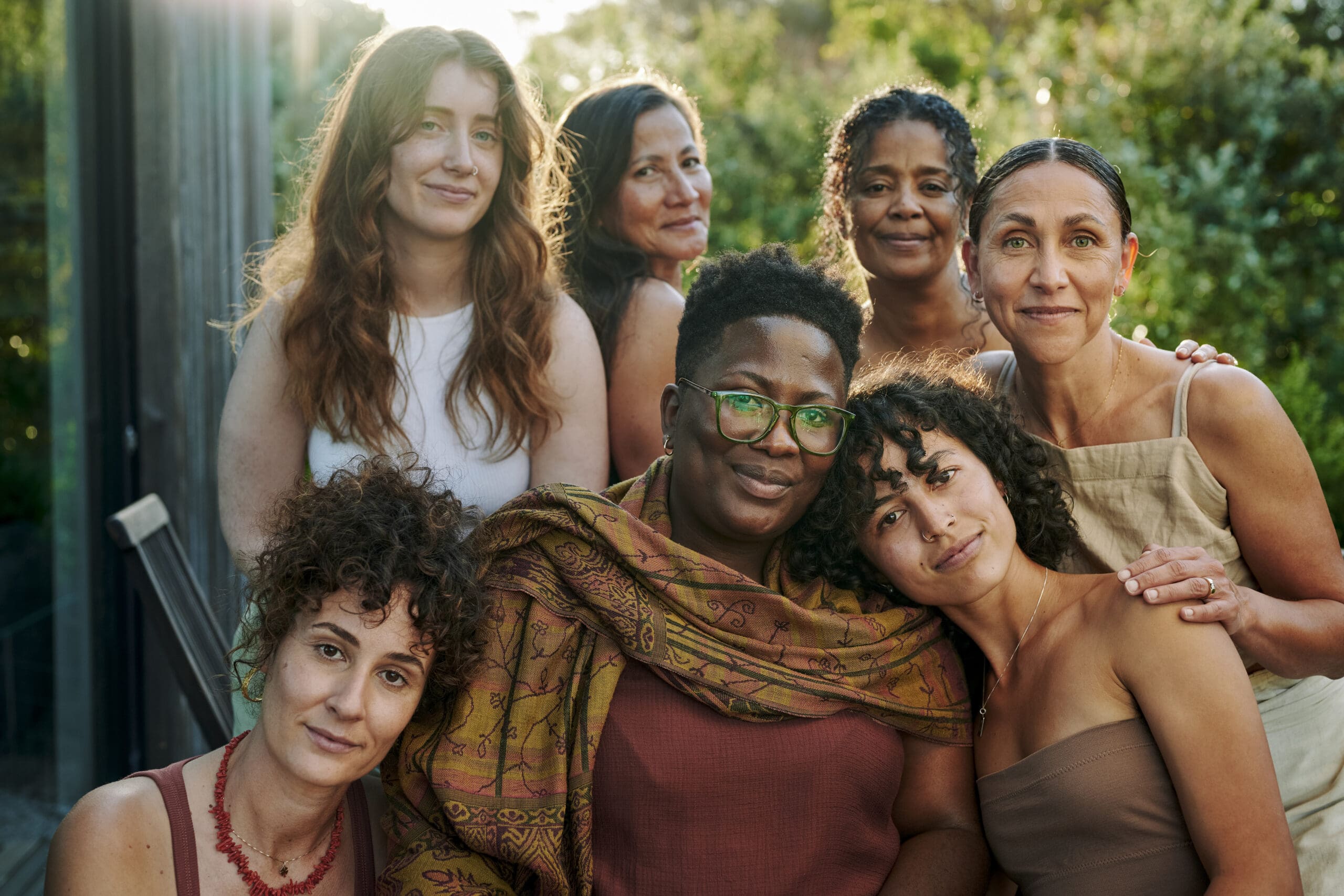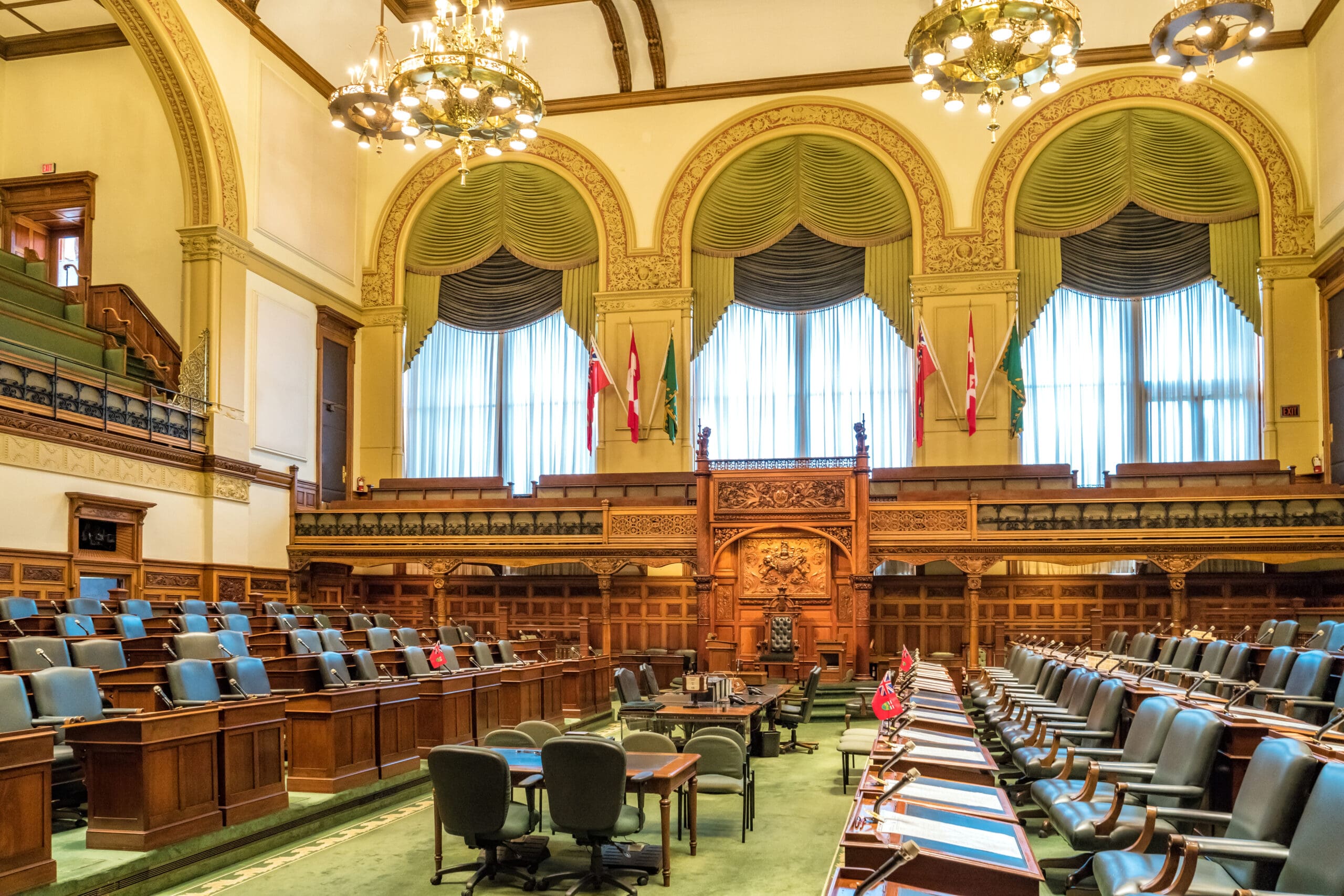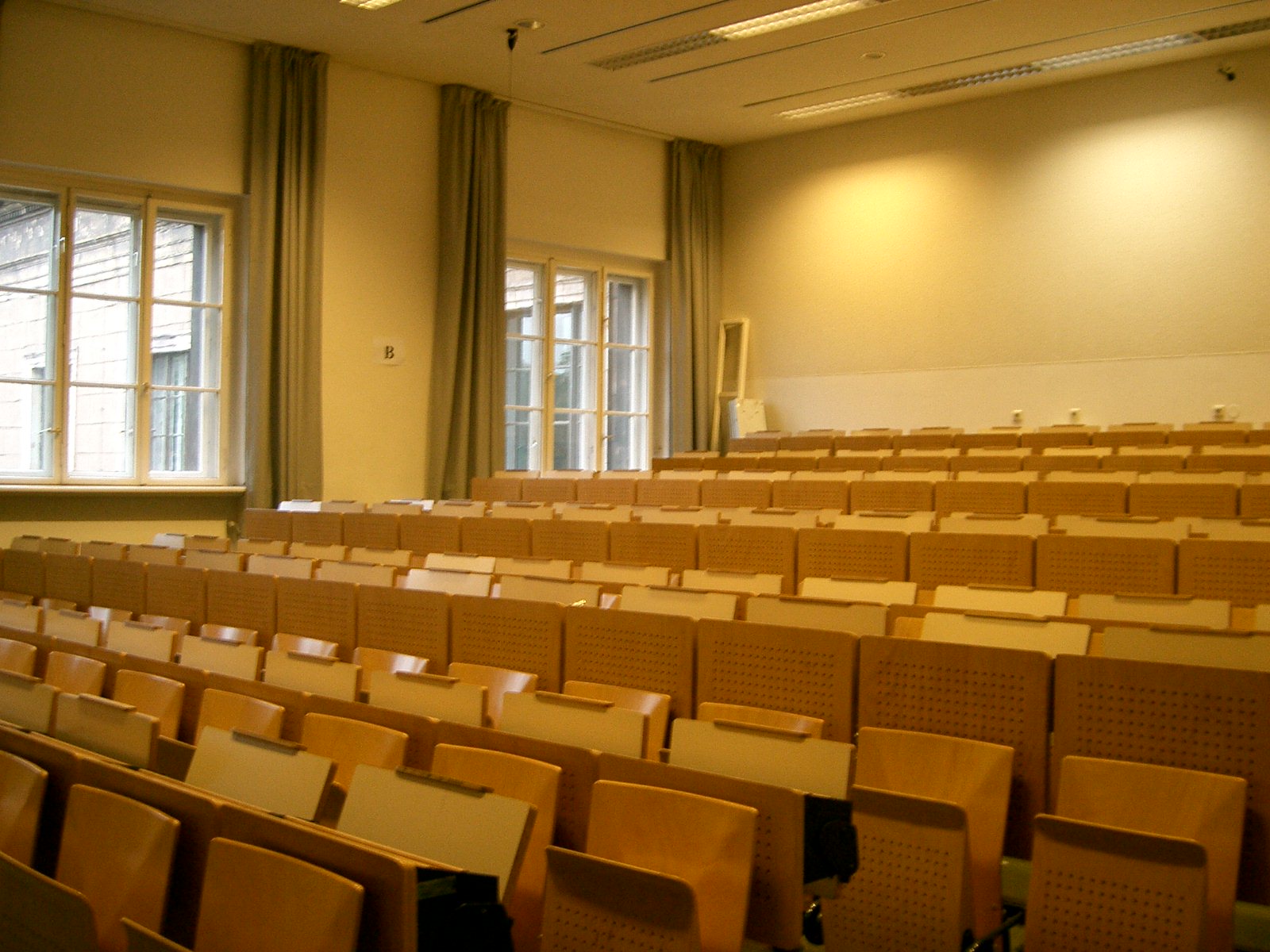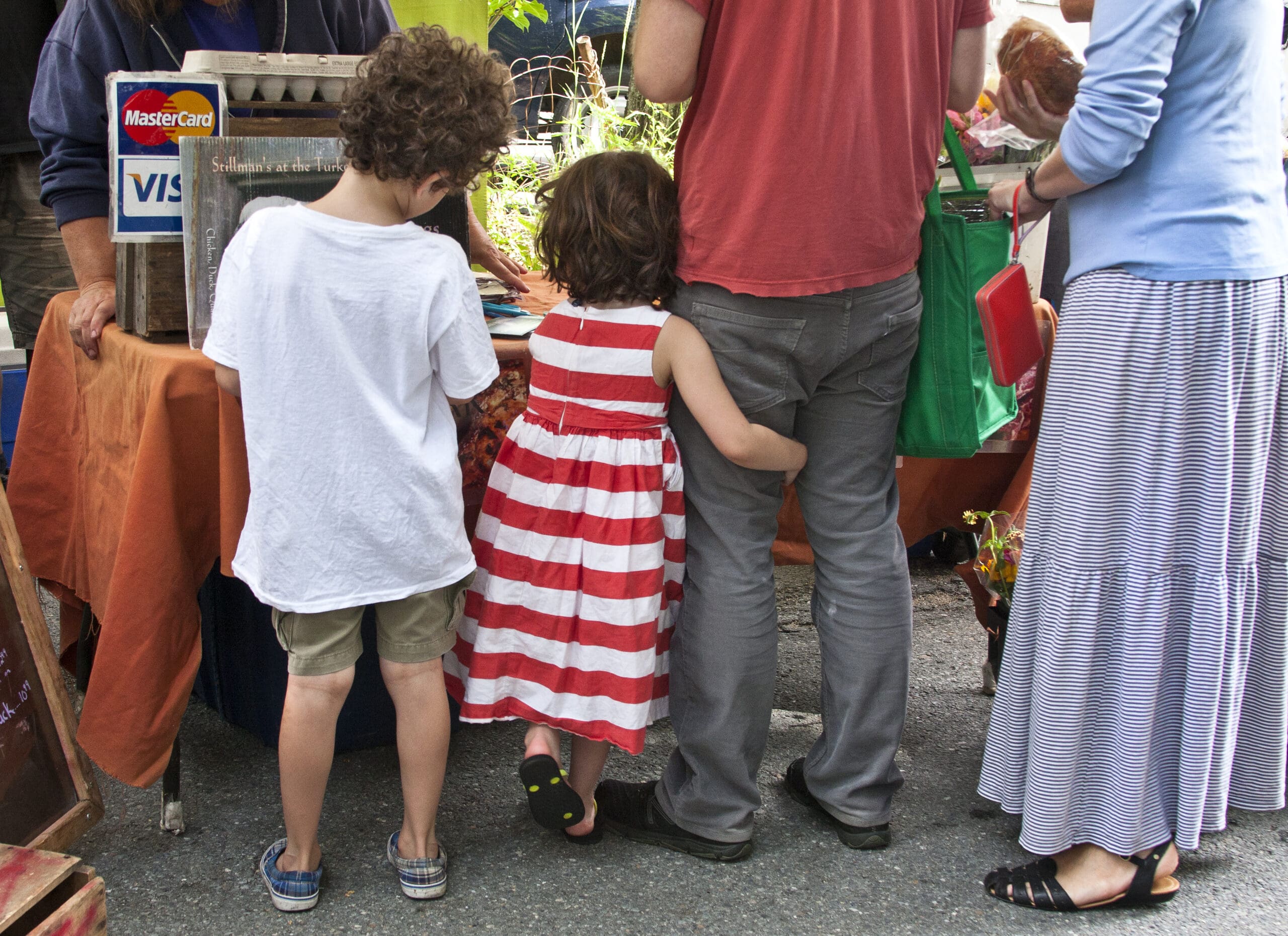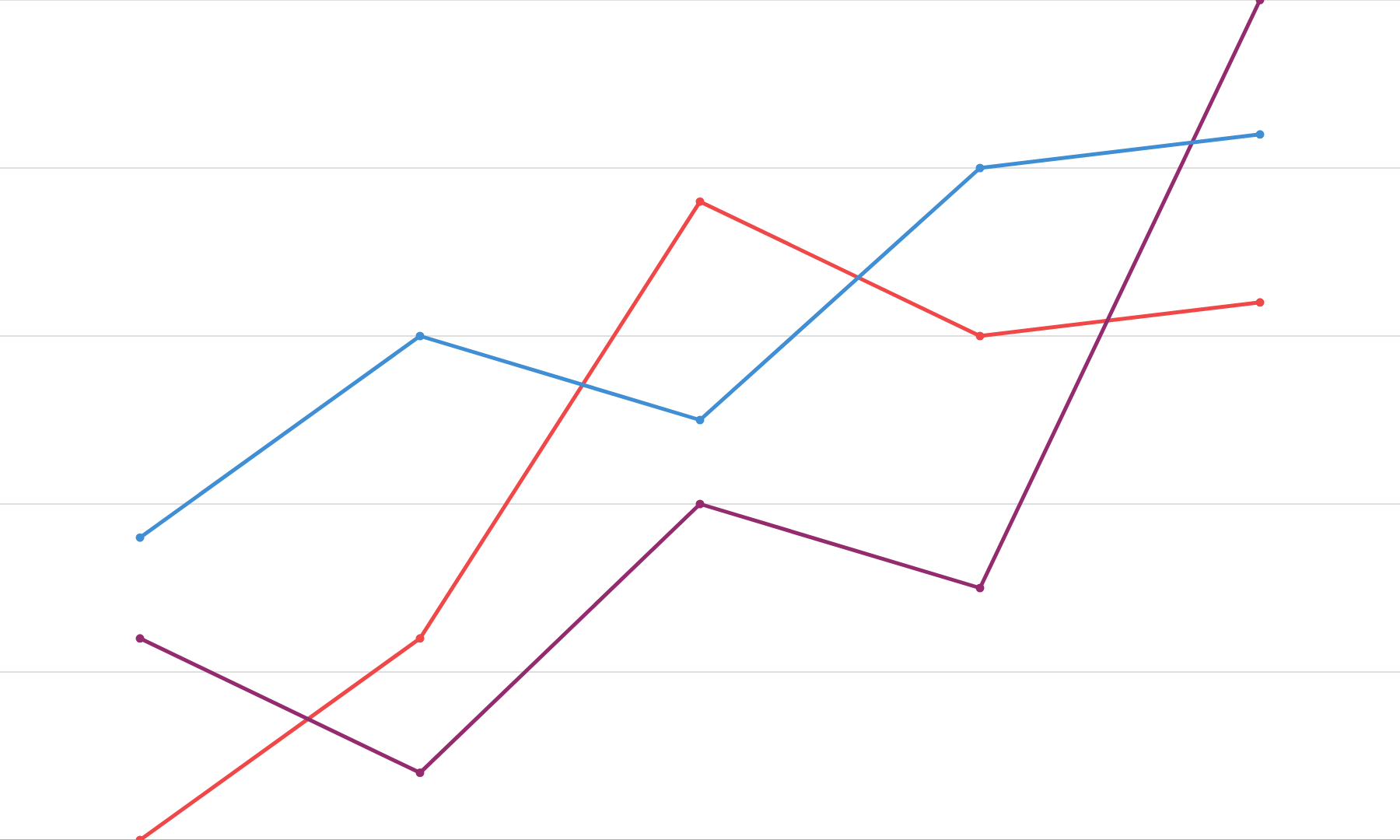
Data Dashboard
Deep dives into the issues of our time. With graphs and downloadable data.
Latest article
More Data dashboard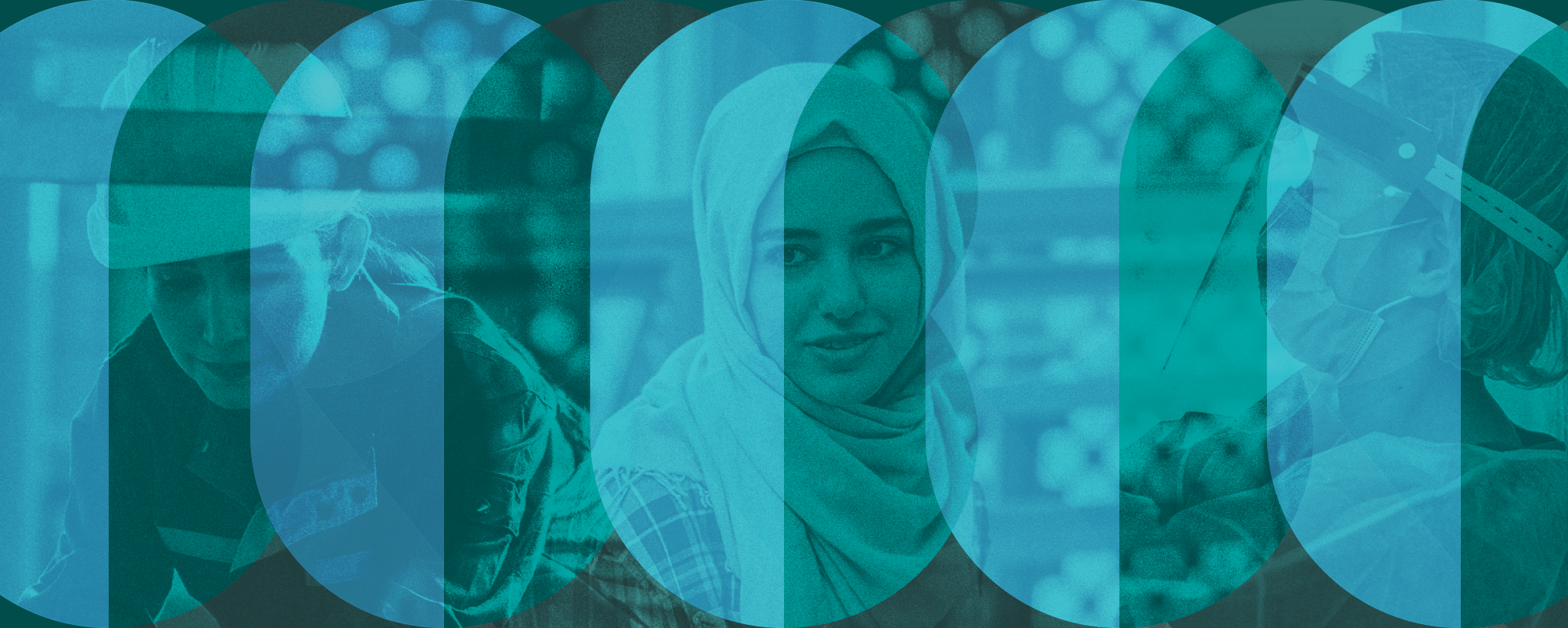
Beyond Recovery
Beyond Recovery is working to support and advance a gender-just recovery from the COVID-19 pandemic. The project’s goals are to document and analyze women’s experiences, with a particular focus on marginalized women in hard-hit sectors, and to provide evidence-based policy solutions. This project has been funded in part by Women and Gender Equality Canada.
Latest article
More beyond recovery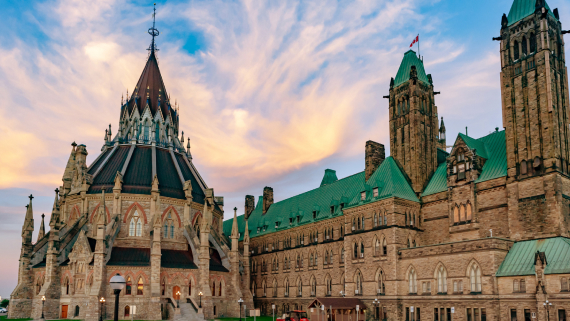
Alternative Federal Budget
The CCPA has been coordinating the Alternative Federal Budget (AFB) since 1994 with the participation and support of researchers, activists and leadership from a broad spectrum of civil society organizations representing millions of Canadians. The AFB is a “what if” exercise. It demonstrates in a concrete and compelling way that better Canada is truly possible.
Latest article
More alternative federal budget
Climate Justice Project
This CCPA BC project aims to develop policy solutions that will enable B.C. to dramatically reduce greenhouse gas emissions and adapt to climate change, in a way that is fair and that benefits all members of society. It is a partnership between the CCPA and the University of British Columbia.
Latest article
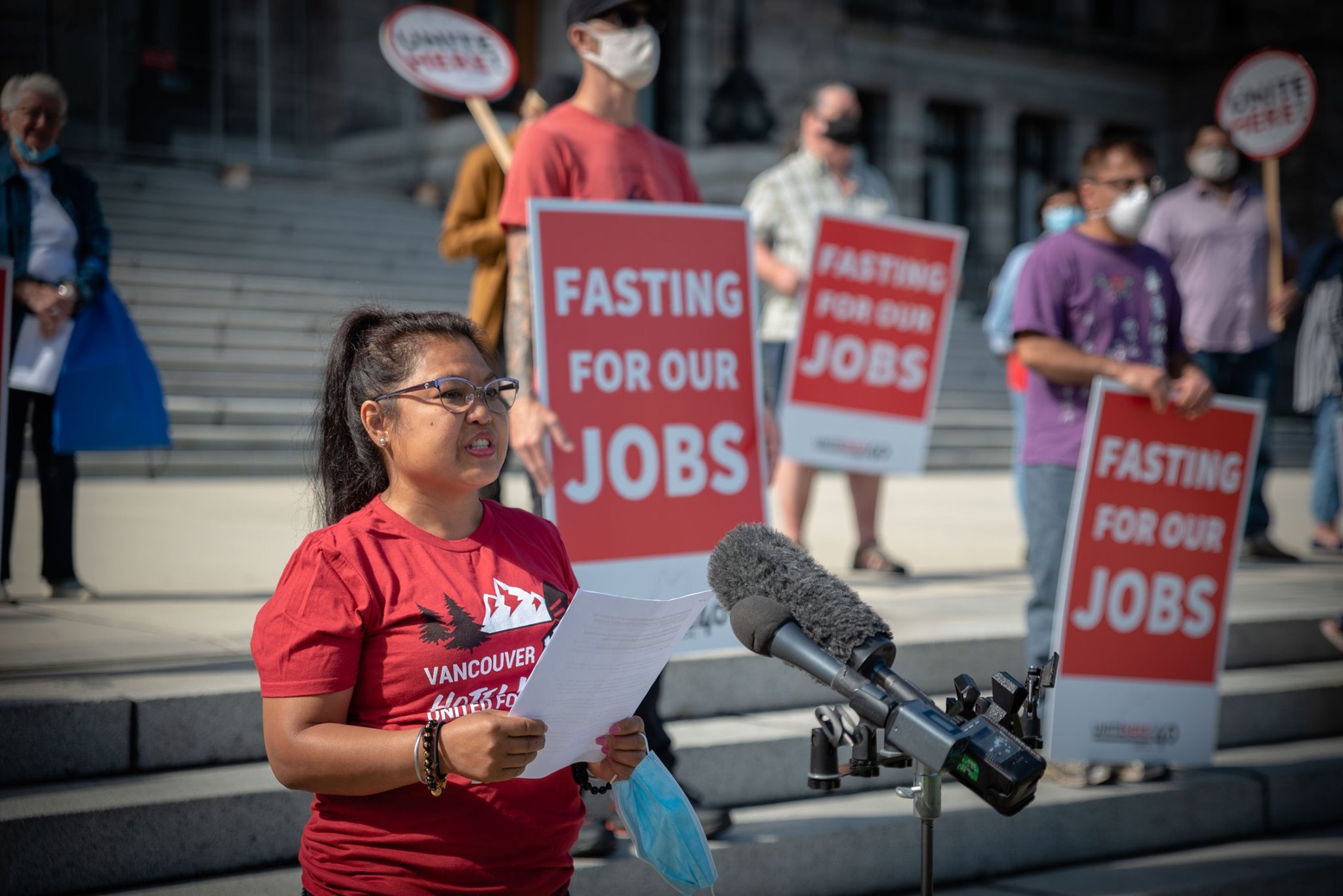
Understanding Precarity in BC
Understanding Precarity in BC (UP-BC) is a research and public engagement initiative investigating precarious work and multi-dimensional precarity in British Columbia.
Latest article
more understanding precarity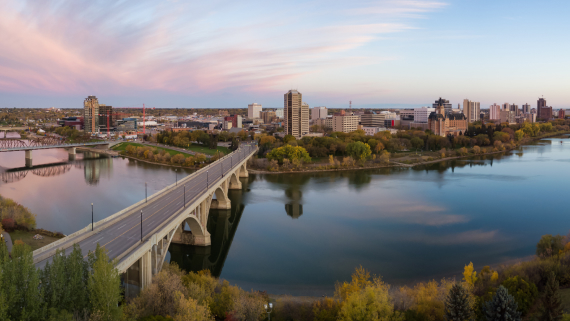
Corporate Mapping Project
The Corporate Mapping Project is a collaborative research project between the University of Victoria, CCPA BC, CCPA SK and the Parkland Institute. It focuses on “mapping” how power and influence play out in the oil, gas and coal industries of BC, Alberta and Saskatchewan.
Latest article
more corporate mapping project

Education Project
Monitoring the privatization of public education – and resistance to it.
Latest article
more education project
The Good Economy Project
The Good Economy Project was created to propose an alternative economic vision for British Columbia—one that puts public investment, tax fairness and the creation of good, sustainable jobs at the core of economic policy-making.
Latest article
more the good economy project

